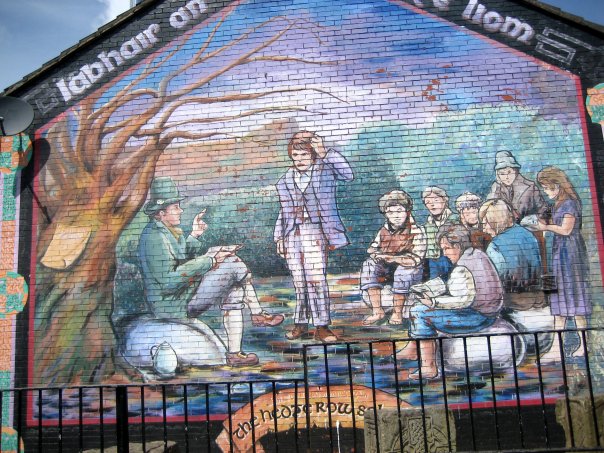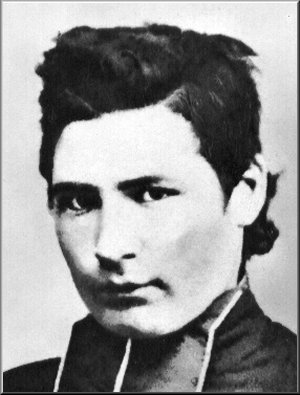What a week it has been. The abortion act is being pushed through parliament under the veneer of democratic debate. Some TDs and Senators are standing by their conscience and refusing to support legislation which will condemn innocent children to death: they are to be commended and supported.
Meanwhile the Association of Catholic Priests has come out in support of the abortion bill, but do so in a sneaky way by featuring a pro-abortion article on their website and as yet no pro-life article. The excuse offered was that the ACP is just giving a woman an opportunity to reflect on the issue. No surprise there, really. Rebellion against the Church's moral teaching always includes the endorsement of abortion and its attendant crimes. At the end of the day no Catholic organisation can be "pro-choice". There can be no choice - no one has the right to choose to intentionally end the life of another human being. We don't tolerate it in other areas, so we should certainly not tolerate it here.
And then there was Barack Obama's visit to Ireland. The media coverage was wall to wall and the national broadcaster was fulsome in its coverage. Many have commented on the sycophantic nature of the coverage, and it was pretty stomach churning. It is amazing how Irish liberals crawl before Democrat US Presidents.
But Mr Obama did not bring joy to all hearts. It seems Catholic schools in Northern Ireland were to blame for the years of violence and bloodshed. In educating our young people and passing on our Christian faith, it seems we were planting the seeds of the Troubles. Thankfully some are expressing their anger, among them Bishop Donal McKeown, Auxiliary Bishop of Down and Connor. Obama's comments were not only not true, but deeply offensive. So far no apology from the president: I don't expect one. But why should we be surprised? It's just another anti-Catholic diatribe, and they are very common now, even among those in the Church.
This, though, is interesting as Northern Ireland society is slowly changing. While political parties are still defined along religious lines - they are really political - nationalist and unionist which are usually aligned with Catholic and Protestant traditions. However, when you begin to look closely at what these parties stand for, you begin to see in the "Catholic" parties, a sharp distancing from Catholicism and her moral teaching. For one Sinn Fein, the majority "Catholic" party in the North, is in fact a Marxist party, and pro-abortion, pro-gay marriage etc etc. The minority "Catholic" party the SDLP (Social Democratic and Labour Party), while not coming out as so anti Catholic moral teaching, its members have supported the gay marriage bill in the UK, through they still maintain that they are still pro-life.
On other hand, a close look at some of the Protestant parties reveals something very interesting. Some are as pro-abortion as Sinn Fein, and still anti-Catholic. One, however, seems to be more "Catholic" than any of the other parties, "Catholic" parties included. Though firmly founded on anti-Catholic principles, the DUP (Democratic Unionist Party), holds sacred the same moral teachings as the Catholic Church. It is pro-life, pro-traditional marriage and pro-family. Its founder, Ian Paisley, a rabid anti-Catholic Presbyterian minister was, in public, scathing of Catholicism, yet in private he didn't care what religion you were: if you needed help you got it. Indeed he had a community of Catholic nuns among his fans as he was a regular visitor and supporter. I think he used to call them "my little sisters".
Irony of ironies, it may well be that one day soon, with "Catholic" parties supporting immoral policies, Catholics may well turn to their traditional enemies and find in their ranks men and women of similar moral outlook and Christian commitment. To even suggest that now will bring ire on your head, as a friend of mine discovered recently. But on the ground now there are many committed Catholics who are having qualms of conscience voting for parties who though identifying as Catholic, are supporting measures which contradict Catholic principals and moral teaching: they are already looking elsewhere.
The future of Northern Ireland may not be as simple as some may think it should be - a reconciliation based on pure secularism. Who knows, perhaps the Catholic Church may well find in the DUP and other unionists, allies and brothers and sisters in arms to face the moral struggles which lie ahead: a reconciliation and mutual action based on a common Christian faith. Now that would be real reconciliation.









